We all strive for love and connection. These powerful emotions can bind us, shape our choices, and drive us to achieve great things. Yet, for all the beauty of love, there exists a shadowed side: toxic relationships. Most of us have, at some point, found ourselves in a relationship that drained us emotionally, mentally, or even physically. But valuable lessons from toxic relationships can also be learnt.
Imagine a garden. The plants symbolize relationships – some are vibrant, filled with colourful flowers, while others are wilting, perhaps even choking out the beautiful ones. The latter are akin to toxic relationships. They may seem okay on the surface, but deep down, they’re damaging to our well-being. The good news? Even from the most tangled vines, you can gather seeds of wisdom.
The lessons you learn from toxic relationships imparts you with wisdom that will help you for the rest of your life. Fortunately or unfortunately, this is the only silver lining of toxic relationships.
Now let’s explore and find out the lessons you learn from toxic relationships.
Related: 7 Valuable Lessons To Learn From Bad Relationships
10 Important And Eye-Opening Lessons From Toxic Relationships
1. Your self-worth is non-negotiable. Always.
At its core, self-worth is about understanding and recognizing your intrinsic value as a person. It’s about knowing that you deserve respect, love, and kindness, irrespective of your actions, past mistakes, or external opinions.
In toxic relationships, partners often erode each other’s sense of value, either through constant criticism, manipulation, or by making them feel replaceable. When this happens, it’s easy to forget one’s worth, leading to acceptance of mistreatment.
Recognizing one’s worth means not only understanding but also demanding the respect every human deserves, and this is one of the most important lessons you learn from toxic relationships.
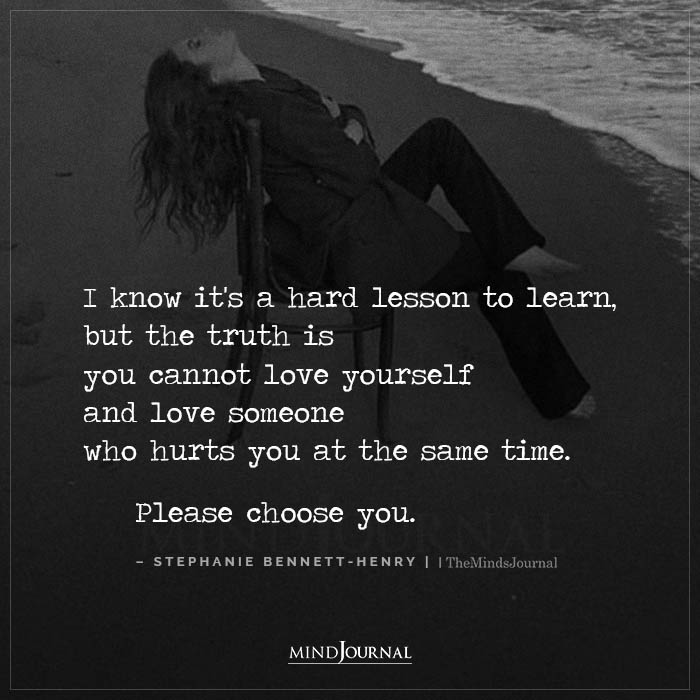
2. Boundaries are essential and you should never sacrifice them for someone else.
Think of boundaries as invisible lines that define personal comfort zones. These can be emotional (like not wanting to discuss certain topics), physical (comfort levels with touch or personal space), or even digital (like preferences on online sharing).
Toxic relationships often involve one partner crossing these lines without the other’s consent, causing discomfort or harm. By setting clear boundaries and ensuring you’re respected, relationships can remain balanced and avoid inadvertently causing harm.
3. Don’t forget that growth always comes from pain.
Always, always remember this silver lining of toxic relationships.
Pain, though uncomfortable, is a powerful motivator. It pushes you to re-evaluate your choices, seek external perspectives, and sometimes even rediscover yourself.
While the pain from such relationships is undeniable, it also offers unparalleled growth opportunities. You may find new strengths you never knew existed within you, develop resilience, or discover personal values you had previously overlooked. This is easily one of the most important silver linings of toxic relationships.
4. You learn to trust your intuition.
Intuition or ‘gut feelings’ is your brain’s way of using past experiences and patterns to make rapid judgments. It’s not always accurate, but it’s a primal protective mechanism.
In the early stages of toxic relationships, many report having had an inkling that something was amiss. However, most people tend to ignore this feeling because they are too much in love with their significant other.
If you have been one of them at some point in your life, over time, learning to trust and act on this intuition can be a critical shield against potential harm. Toxic relationships can suck the life out of you, but your intuition can be a really powerful ally when it comes to protecting you.
Related: Bad Relationships Are Not Mistakes
5. Practicing self-forgiveness.
One of the most valuable lessons from toxic relationships you can glean is self-forgiveness.
Toxic relationships can leave you feeling guilt and self-blame. It’s crucial to understand that you are not responsible for the toxic behaviour of others. Practicing self-forgiveness allows you to release the burden of blame and move forward with compassion for yourself.
This involves acknowledging that you did the best you could in the circumstances, letting go of negative self-judgment, and focusing on personal growth and healing.
6. Embracing vulnerability with caution.
Healing from a toxic relationship can make you wary of vulnerability. While it’s important to protect yourself, learning to open up and be vulnerable in healthier relationships can foster deeper connections and emotional intimacy.
This involves developing trust in yourself and others, setting clear boundaries around what feels safe to share, and gradually opening up as trust is established. Embracing vulnerability with caution allows for authentic connections based on mutual trust, respect, and support.
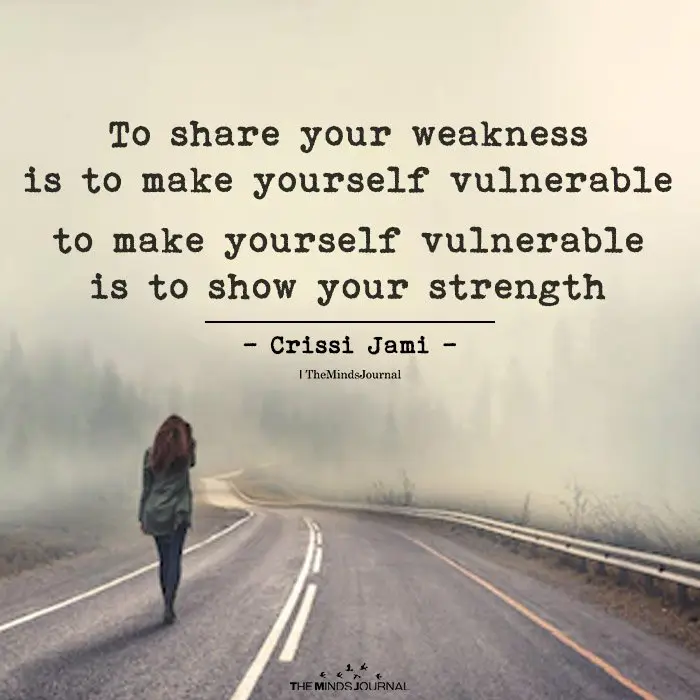
7. Focusing and valuing personal growth opportunities.
Toxic relationships can be catalysts for personal growth and self-discovery. They can reveal areas where you need to heal, grow, and develop new skills. Embrace these opportunities for growth and use them to become a stronger and wiser person.
This involves reflecting on the lessons learned from the toxic relationship, seeking personal development through therapy or self-help resources, and actively pursuing growth in areas such as self-awareness, emotional intelligence, and relationship skills.
8. It’s okay to walk away.
Want to know one of the most important lessons from toxic relationships?
While all relationships require compromise and work, there’s a stark difference between making sacrifices for a relationship and allowing it to harm you.
Recognizing that a relationship is toxic and choosing to leave is not a sign of failure. It’s a powerful act of self-preservation. The courage to prioritize one’s mental, emotional, and physical health is commendable.
9. Being able to identify red flags and warning signs.
Reflecting on abusive relationships enables you to identify red flags and warning signs early on in new relationships. This empowers you to make healthier choices and protect yourself from further harm.
Red flags may include controlling behaviour, excessive jealousy, disrespect, lack of accountability, or a pattern of manipulation. By being aware of these warning signs, you can set clear boundaries and make informed decisions about whether to continue or exit a relationship.
Related: 7 Life-Changing Lessons To Learn From A Bad Breakup
10. Healing takes times.
Without a doubt, this is one of the most important toxic relationship lessons.
Just like physical wounds, emotional and psychological injuries take time to heal. And just as some physical wounds leave scars, so too can emotional ones.
Post-toxic relationship recovery isn’t linear. There might be days of progress and days of setbacks. Seeking therapy, joining support groups, or even just talking to friends and family can aid in healing. Prioritizing self-care, understanding it’s okay to seek help, and giving oneself the time and space to heal is crucial.
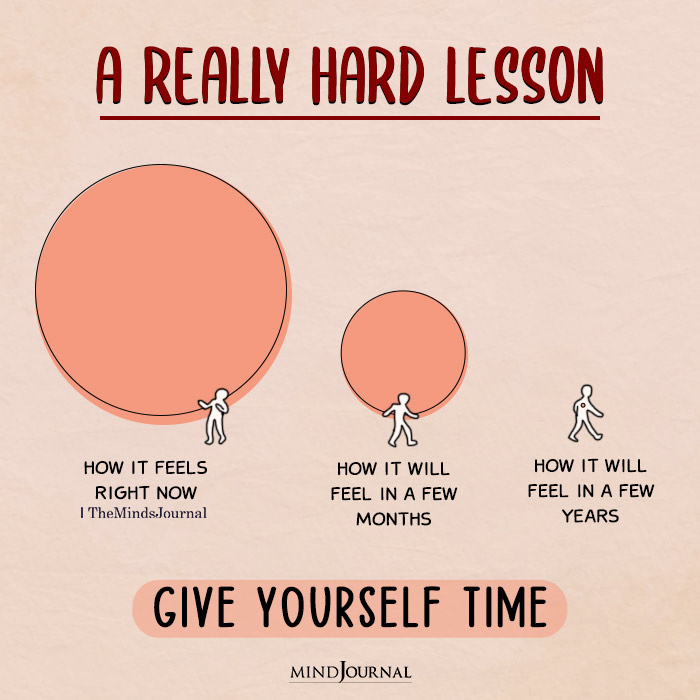
Toxic relationships, though painful, offer profound lessons. The lessons from toxic relationships you learn shed light on your worth, the importance of boundaries, and the values you hold dear.
Like a gardener tending to their plot, you learn to nurture the vibrant plants and weed out the harmful ones. In the end, these toxic relationship lessons pave the way for healthier, more fulfilling relationships in the future. Remember, from the darkest soils, the most resilient flowers bloom.
What other lessons from toxic relationships have you learnt in your life? What more do you think serves as the silver lining of toxic relationships? Let us know your thoughts in the comments down below!
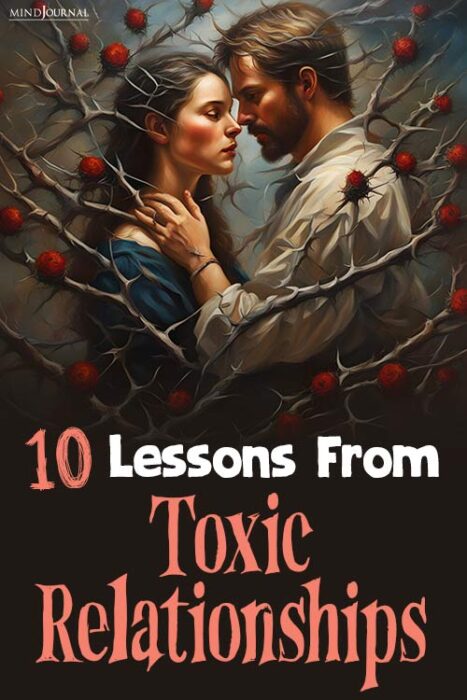
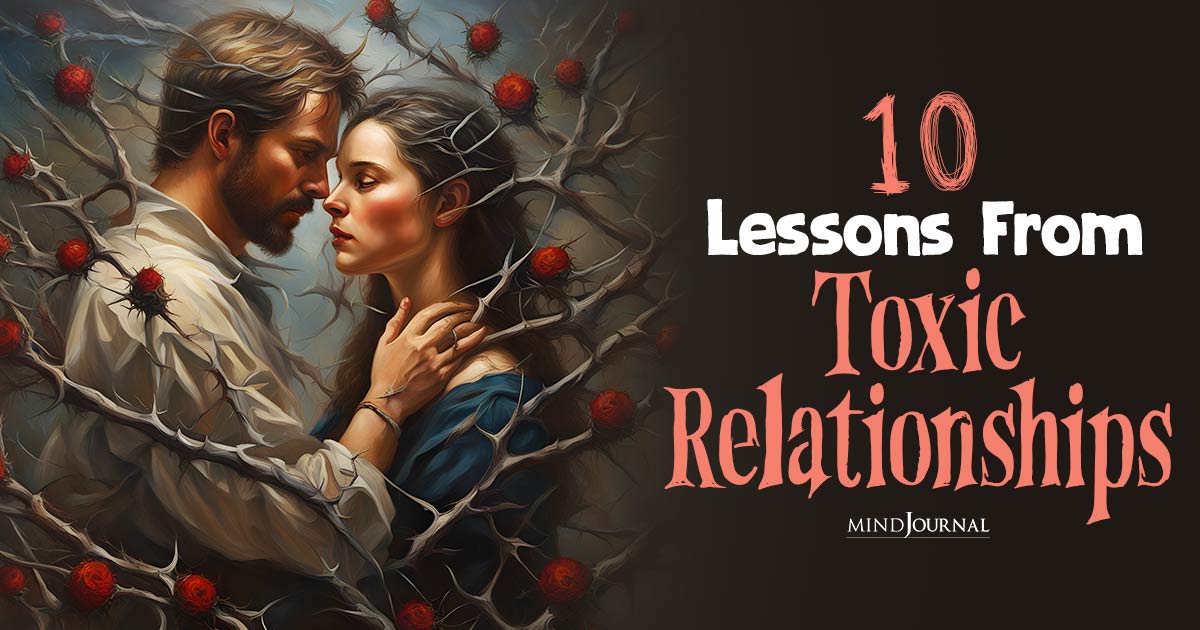
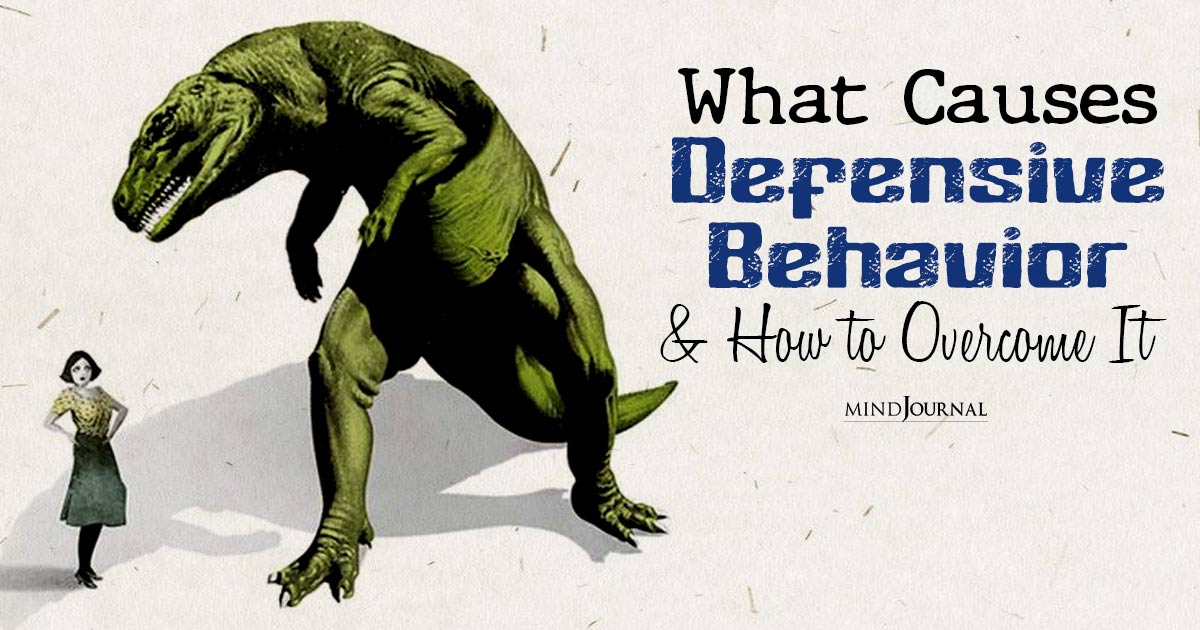
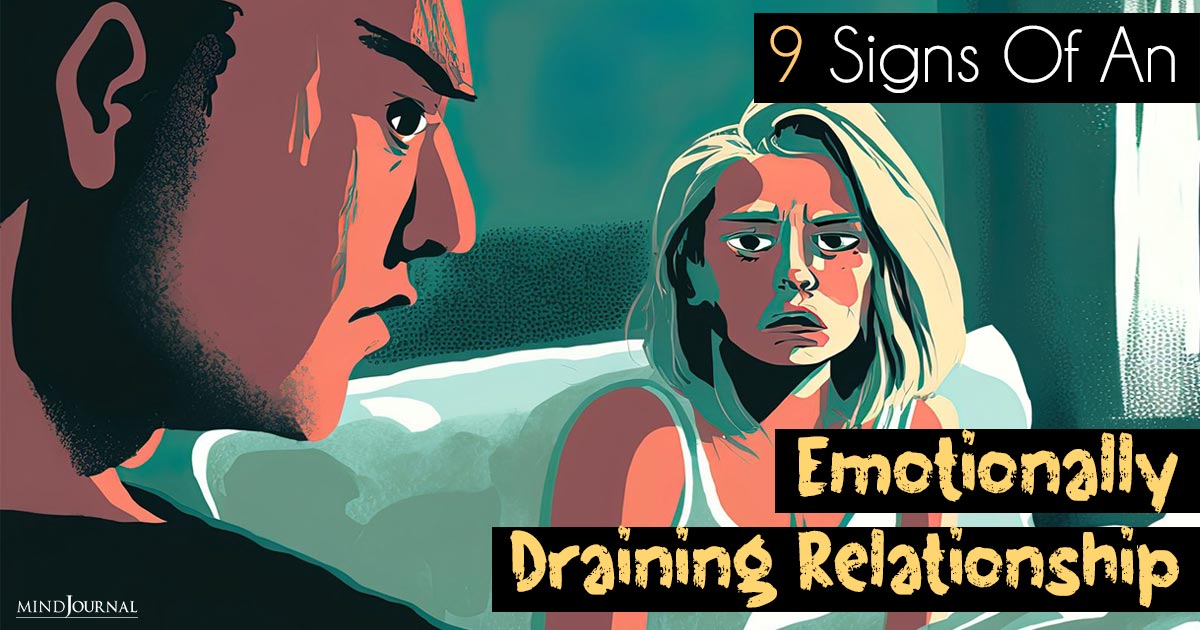

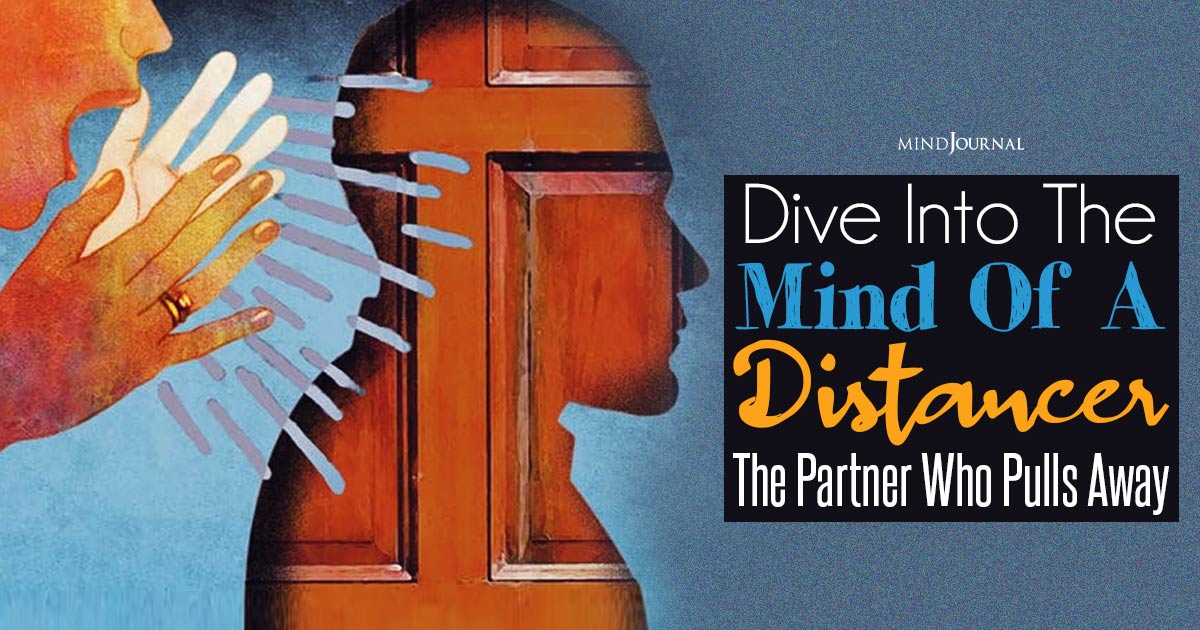


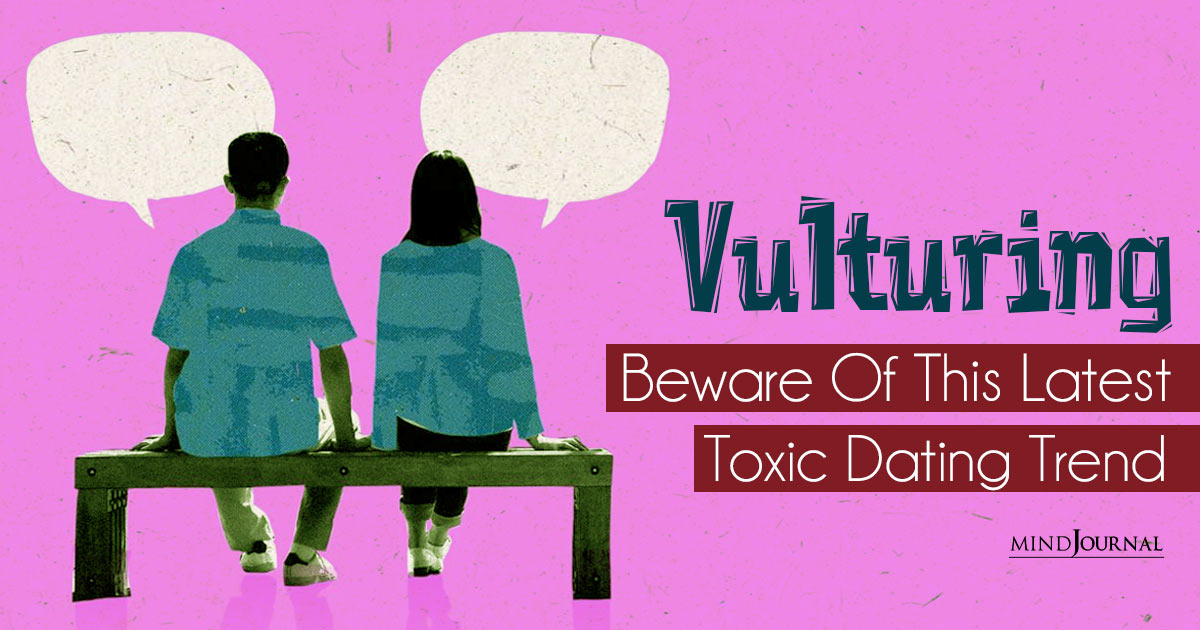
Leave a Reply
You must be logged in to post a comment.